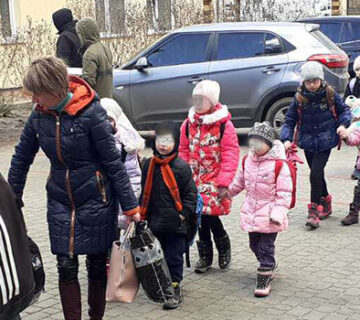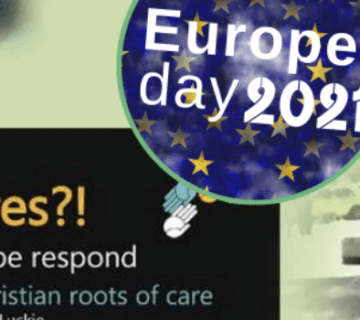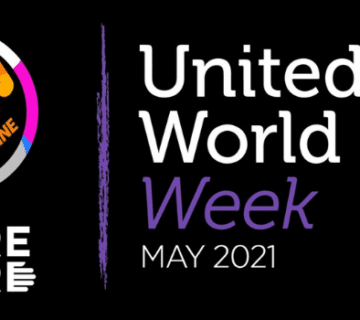Building up a culture of unity in diversity, to contribute to the unity of the human family: this was not merely a proposal but an actual experience for 250 Christians, Jews, Muslims and representatives of other religions who were present at the Forum held at the Focolare Movement’s “Unity” meeting center “at Rotselaar, near Louvain, Belgium.
Dialogue is the road to survival – Albert Guigui, Grand Rabbi of Brussels, cited the biblical narrative of Cain and Abel to emphasize that absence of communication is often the source of conflict. He also addressed the issue of religious fanaticism, saying that a believer is one who puts himself at God’s service while a fanatic is one who puts God at his service. Opposed to fanaticism is the attitude of welcoming the other as he or she is, and not as we would like him or her to be. “Dialogue is the road to survival,” the Grand Rabbi forcefully affirmed.
We must go on pursuing the dialogue of the people – Mohammed Boulif, consultant in Muslim economic affairs, underscored the importance of giving preference to what unites us so as to reach deeper knowledge and mutual enrichment. In these dynamics, sincerity is a must. In his address, Mr. Boulif recalled that some of his Algerian Muslim friends have re-discovered in a very deep manner – thanks to their contacts with the Christians of Focolare –their sense of religiosity. He thus underscored the importance of “the dialogue of the people,” as something to be pursued “in a permanent way.”
The keys to dialogue – Paul Lemarié of the Focolare Movement’s international Center for Interreligious Dialogue shared highlights of his 25-year experience in Algeria and in other Middle East countries where his contacts with Muslims and Jews had helped him re-discover certain aspects of his Catholic faith. Paradoxically, therefore, interreligious dialogue reinforces one’s own creed as it opens one to the creed of the other. Lemarié then explained how the keys to dialogue can be found in the evangelical art of loving. This “art” is a kind of love that urges a person to take the initiative in loving, to consider the other person as his/her other self, and to love unconditionally and concretely. It is a demanding art that requires constant training; it puts dialogue on such an elevated plane that it is rendered fruitful and always open to new horizons.
Education to dialogue to prevent fundamentalism – The forum participants were particularly moved by the stories shared by a group of children from St. Joseph’s School of Uccle (Brussels), who organized a large gathering of Jewish, Muslim and Christian children in March, 2005. Communicate – dialogue – know – love were the steps they indicated to everyone so as to reach true dialogue. Their experience, which was referred to during the round-table discussion that followed, underscored the point that education to dialogue can
(Rotselaar, January 29, 2006)


 Italiano
Italiano Español
Español Français
Français Português
Português


